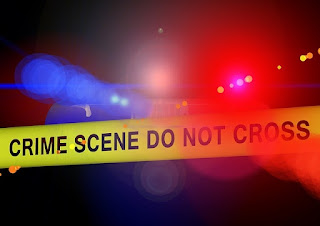Hemoglobin and its Types
What is Hemoglobin?
Hemoglobin is an iron-containing globular protein present in red blood cells (RBCs). They impart a red color to the blood and help in transporting oxygen from the lungs to different parts of the body.
A healthy individual has about 12-20 g of hemoglobin in every 100 ml of blood. Hemoglobin is a tetrameric protein that contains the heme prosthetic group attached to each subunit. Lackness of Hemoglobin in the blood can cause anemia.
Hemoglobin is made up of four amino acid chains and each of these chains contains heme. This is the compound that contains iron. The heme molecule forms strong covalent bonds with a globular protein, primarily through the nitrogen atoms of the imidazole ring located beneath the porphyrin ring.
Types of Hemoglobin
After Birth
Hemoglobin A
It accounts for 95-98% of Hemoglobin in adults. It consists of two alpha and two beta polypeptide chains, which together form the complete structure.
Hemoglobin A2
It accounts for 2-3% of Hemoglobin present in adults. It is composed of two alpha and two delta polypeptide chains, which combine to form the complete structure.
Hemoglobin F
It is also known as fetal hemoglobin which accounts for 2-3% of Hemoglobin F present in adults. It is composed of two alpha and two gamma chains, which come together to form the complete structure.
Abnormal Hemoglobin
Hemoglobin S
It's a primary cause of sickle cell anemia. There is a point mutation in the beta-globin chain- 'GAG' get converted into 'GTG' leading to the replacement of glutamic acid by valine at 6th position.
Hemoglobin C
Heterozygotes for the gene are asymptomatic. Hemoglobin C disease is caused by homozygotes. It leads to mild hemolytic anemia and enlargement of the spleen.
Hemoglobin E
It is the beta-chain variant of normal hemoglobin. It is frequently found in individuals of Southeast Asian descent. It causes mild haemolytic anamia in homozygotes.



